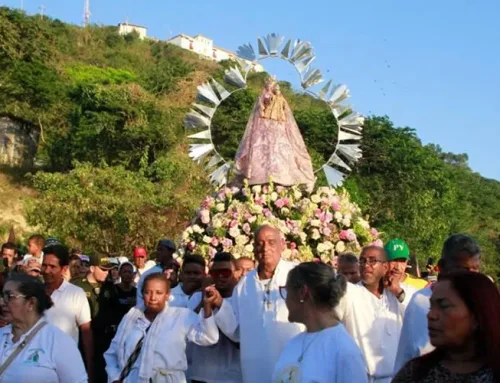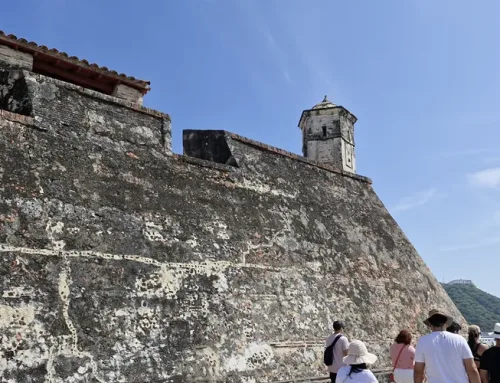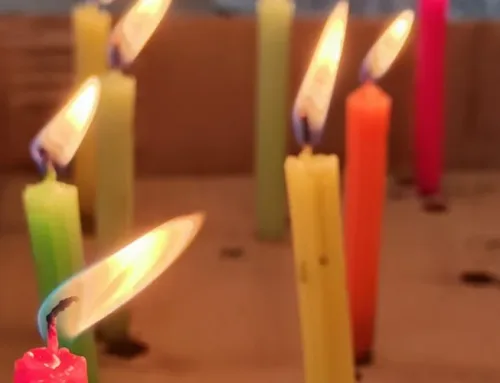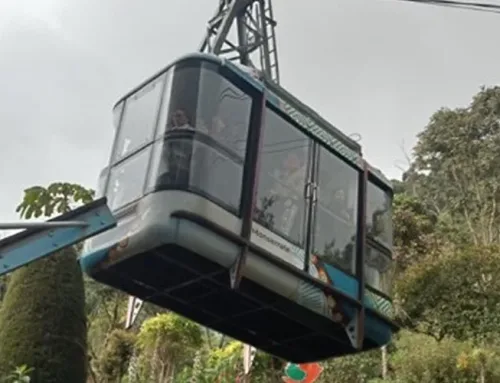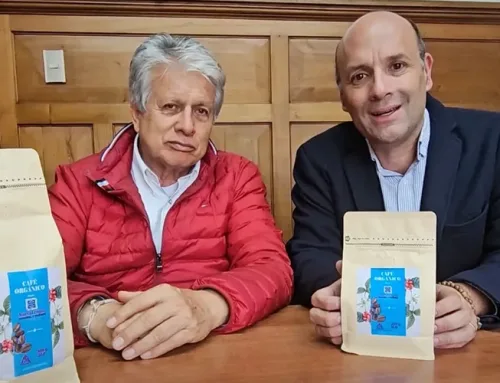Cartagena de Indias, a historic gem on Colombia's Caribbean coast, is not only notable for its imposing walls and cobblestone streets, but also for the richness of its cultural heritage. Among the most emblematic elements are the palenqueras, Afro-descendant women who, with their colorful costumes and baskets overflowing with tropical fruits, have become living symbols of the Cartagena identity.
Originally from Palenque, the first free slave town in America founded in the 17th century, palenqueras play a crucial role in the preservation of Afro-Caribbean culture. Although their presence on the streets of Cartagena may seem picturesque and folkloric, behind that colorful attire lies a rich tradition that has withstood the passage of time and historical adversities.
With their vibrantly colored turbans and skirts, they represent the connection between the past and the present. Each garment tells a story: the turban, a symbol of resistance and cultural pride; the skirts, a reminder of her African roots. Their costumes, enriched with traditional necklaces and bracelets, reflect the ethnic diversity that has shaped the region's identity.
But beyond their visual appearance, the palenqueras bring a unique mix of flavors and aromas to the city. Their baskets full of fruits such as mango, pineapple, guava and coconut are not only a sample of tropical exuberance, but also a culinary legacy passed down from generation to generation. Selling fruits is not only a means of subsistence, but a way to preserve ancestral practices.
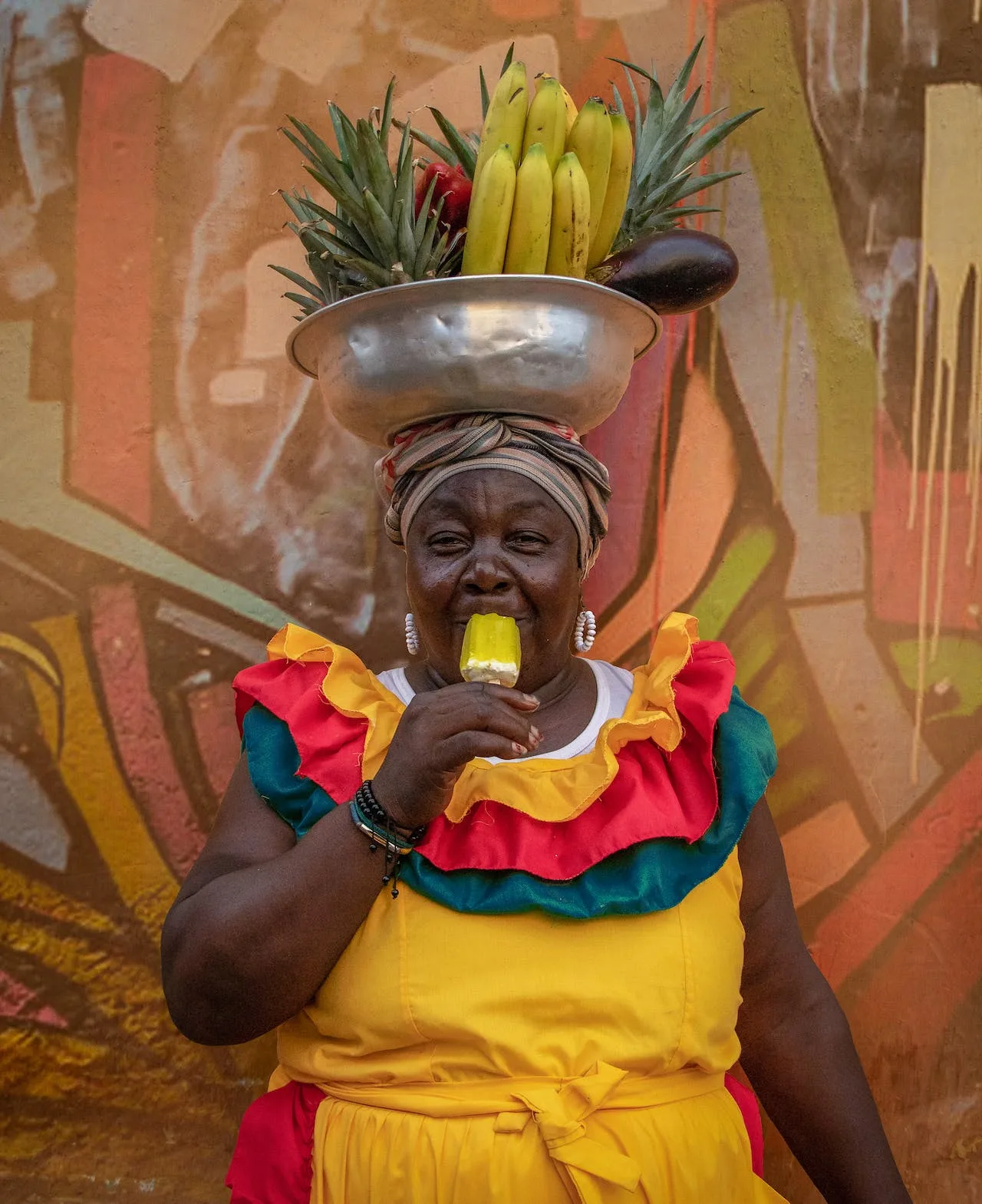
Music and dance are also an integral part of the presence of the palenqueras. To the rhythm of cumbia and Mapalé, they dance with grace and skill, turning the squares and cobblestone streets into stages of celebration. Their active participation in festivals and cultural events not only enriches urban life, but also contributes to the education and appreciation of cultural diversity.
However, despite their cultural importance, palenqueras face challenges in the 21st century. Modernization and mass tourism sometimes threaten to blur the authenticity of their way of life. It is essential that society and authorities recognize the need to preserve and protect this cultural treasure, providing support and respect to these women who are guardians of an invaluable heritage.
In conclusion, the palenqueras of Cartagena are not only fruit sellers; They are cultural ambassadors who carry with them the history, tradition and vitality of a community that has endured and flourished throughout the centuries. Safeguarding their heritage is a collective commitment that will guarantee that future generations continue to witness the richness and diversity that these women contribute to the Cartagena identity.
the spanish school Nueva Lengua It is located in Bogotá, Cartagena, Medellín and Ibagué. Check the activities and plans Tourist What we have for you, or write to us on any of our social networks (@nuevalengua) for more information about our Spanish courses and cultural immersion in Colombia.
Discover the authentic cultural wealth of Cartagena! Learn Spanish with us and immerse yourself in the fascinating history of this city full of life and tradition. We will wait for you!
All the articles in this blog have been written by the teachers of our school and by students from different countries who traveled to Colombia to learn Spanish.
“You travel too and study Spanish in NUEVA LENGUA"
Follow us on our social networks:
RELATED VIDEOS
MEDELLÍN - GUADUAS

